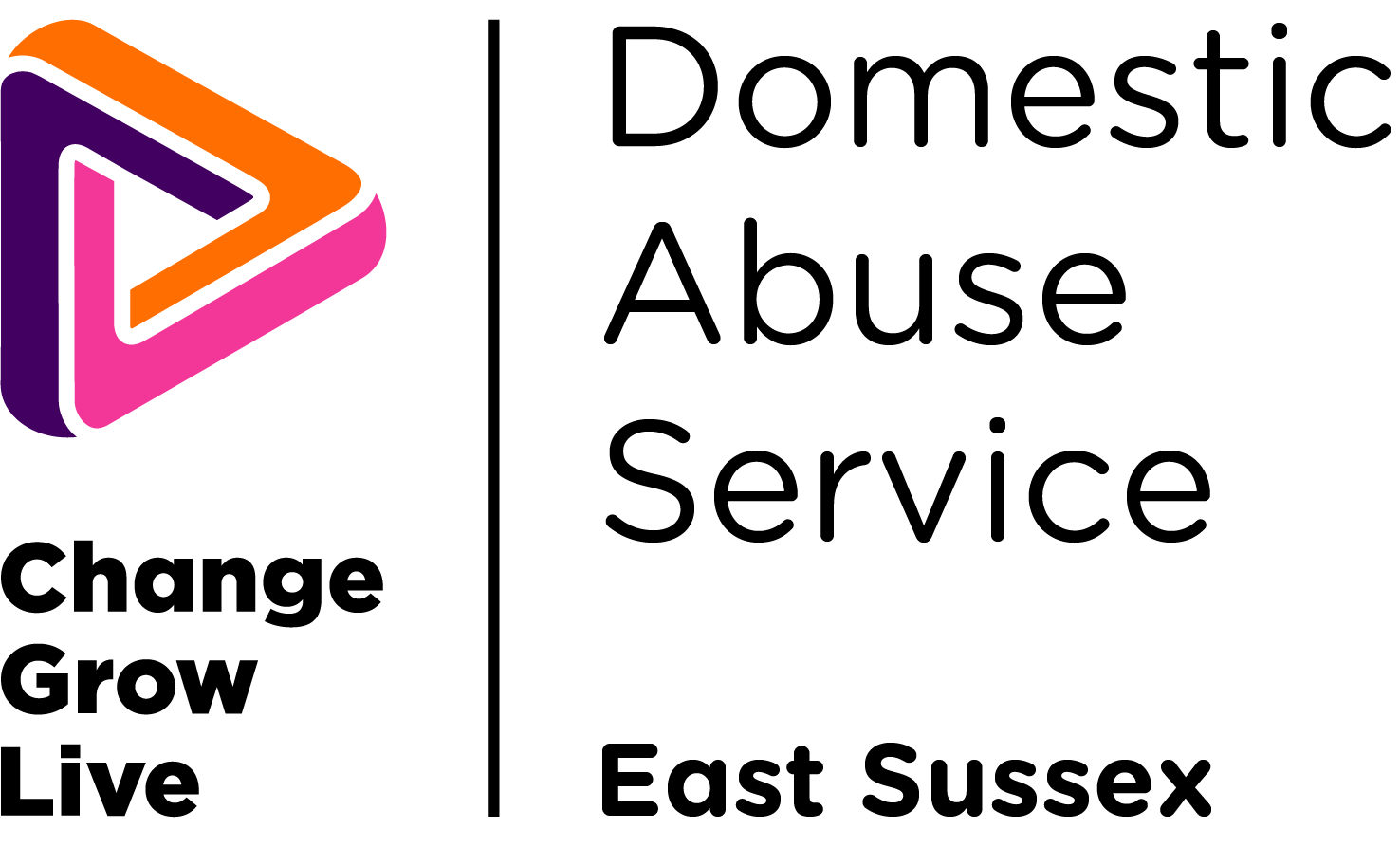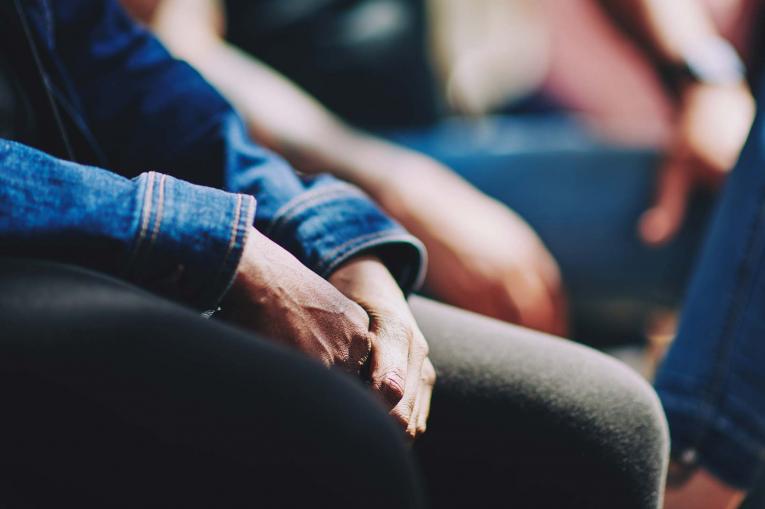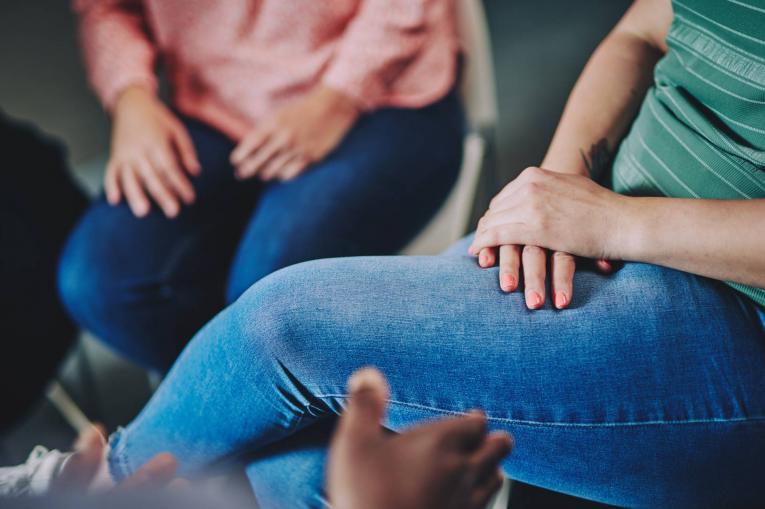Domestic Abuse Service - East Sussex


Many people experiencing domestic abuse will have a wide range of other support needs, often as a result of the abuse they have experienced or exacerbated by the abuse. These can include substance use, mental health issues, homelessness, exploitation, offending, trauma and/or poverty, alongside domestic abuse.
Our Multi Complex Needs Independent Domestic Violence Advisor (IDVA) looks at the person, considering all of their needs. Victims with complex needs require flexibility and specialist support that can improve their long-term safety and wellbeing.

Our IDVAs provide emotional and practical support to people living in the community who are at higher risk of further domestic abuse and harm. We also provide consultancy and support to other professionals and services. Domestic Abuse Advisors work with people to help them stay safe and become more independent.

Health Independent Domestic Violence Advisors (HIDVAs) work in partnership with the East Sussex Healthcare NHS Trust. They assess and support victims of domestic abuse who are accessing Hastings Conquest and Eastbourne District General Hospitals via the A&E departments, maternity units or other clinical pathways.
Please speak to your health professional/doctor or nurse about any domestic abuse-related issues. They can put you in touch with our HIDVA who can assess your situation and risk, provide a safety and support plan, refer into other appropriate services to meet identified needs, and provide advice and information.

Our service provides specialist support to people and their dependents, increase safety, and reduce the risk of further harm. We assess risk, provide advice, and information, and explore options. We can support people to report the abuse they are experiencing and refer or signpost into services to meet specific needs, including legal advice, home safety measures, refuge, counselling and debt services.
Multi-Agency Risk Assessment Conference
Multi-Agency Risk Assessment Conference (MARAC) is a regular meeting where local services work together to support people affected by domestic abuse who are at high risk of harm.
If you have been referred to the MARAC, services will share and review relevant information, identify the risks, and devise safety and support plans for you and your family.
The services will follow guidance stating how the information shared in the meeting is stored, managed and shared.
Who goes to the meeting?
Agencies that attend the MARAC regularly include:
- Change Grow Live East Sussex Domestic Abuse Service
- Sussex Police
- East Sussex County Council statutory services, including adult and children’s social care
- Drug and alcohol support services
- Local housing support
- Mental health services
- NHS representatives
- The Probation Service
- Other voluntary and community organisations
Do I need to be there?
No, you don’t attend the meeting. If it’s safe, you will be offered support by an Independent Domestic Violence Advisor (IDVA) from Change Grow Live. They will represent you at the meeting and make sure your thoughts and wishes are heard. They are independent of the police, council or any other agencies.
Before the meeting, an IDVA will attempt to contact you to talk about and assess your situation. They will ask for your views and wishes that will be shared in the MARAC meeting.
How it can help you and your family
A MARAC may:
- Help you know what support is available in your local area.
- Make sure any agency you approach is aware of the situation so they can support you better.
- Write a letter to evidence you have been discussed at MARAC if you need additional help (e.g., with housing or legal aid).
- Arrange joint meetings between agencies and help coordinate any support or safety planning.
Find out more
To find out more and get advice for keeping yourself safe, please contact us:
T: Freephone: 0300 323 9985
